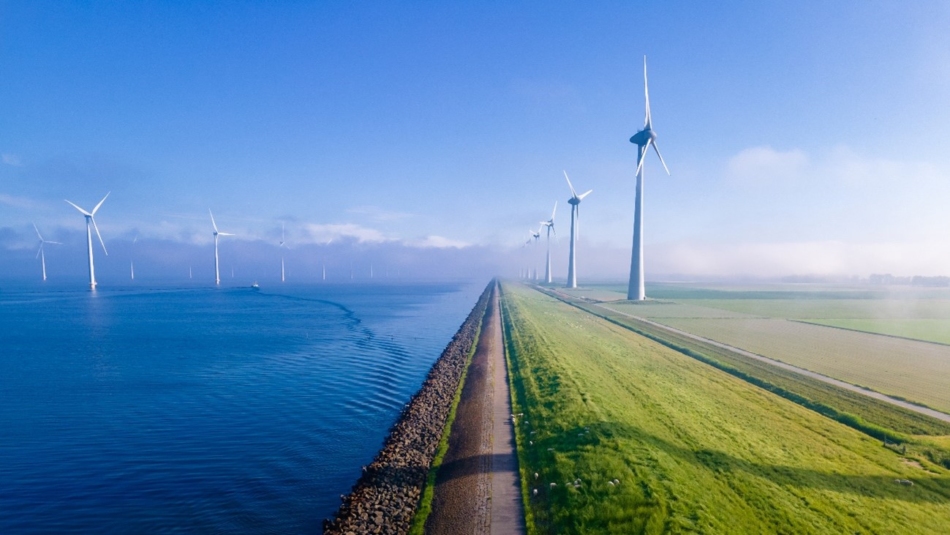
Andrew Winston, a global reference in corporate sustainability, envisions at least seven issues that should be on the radar of companies and governments this year. In his column in the MIT Sloan Management Review, Winston starts from obstacles to the sustainable agenda in 2023 to project some scenarios in 2024. “Dealing with duality and uncertainty and developing resilience will be sets of skills to be perfected this year”, he states, in the article, the co-author of the book Net Positive – How courageous companies thrive by giving more than they take, written with Paul Polman.
Below is a brief summary of the seven trends highlighted in the article, from most likely to least likely to happen, according to Winston.
1. The impact of climate change requires more efficient management
As the effects of climate change are expected to be increasingly dramatic, affecting everything from operations to the supply chain, companies will have to deal more efficiently to face them. Winston also hopes, on the other hand, a greater awareness of the urgency of finding solutions to the crisis as the number of young people in the job market and consumer base grows.
2. Influence of elections on sustainability and climate actions
Elections for governments scheduled to take place in various regions of the planet, covering approximately half of the world's population, should guide the way in which issues related to topics such as climate change and social inequality, among other challenges that impact business, will be dealt with in many countries.
3. Sustainability reports will have more space
Compliance must be boosted by new rules in the European Union, which increase the number of companies required to disclose sustainability reports, and in California – which alone is the 5th largest economy on the planet – in relation to climate. In other words, more people and more resources will be needed to prepare the reports.
4. Clean technologies continue to expand
There may be some resistance in some parts of the world, but for the most part, for cost reasons, clean technologies tend to grow. There has already been some progress because COP28, held in Dubai, agreed to the “transition” away from fossil fuels.
5. Distractions and straw man fallacies will be widespread
According to Winston, the expansion of clean technologies represents a threat to the interests of a strong and rich industry, which must maintain a discourse with straw man arguments, that is, diverting attention or weakening some positions. Companies that are on the path to decarbonization, he says, will have to eliminate this noise and move forward.
6. Partnerships to address sustainability at scale will grow
Based on increased collaborations in areas that produce more carbon-intensive items, he believes that systemic thinking around sustainability is likely to grow.
7. Anti-ESG movement will retreat
Last year, the biggest problem in corporate sustainability was anti-ESG, which profoundly affected companies, including generating greenhushing. The term describes the behavior of sustainable companies that, for fear of being accused of greenwashing, chose to remain silent instead of publicizing their social and environmental agendas, increasingly pressured by questions and verification systems. However, the data shows that organizations are maintaining their efforts and investments in sustainability, says Winston.


